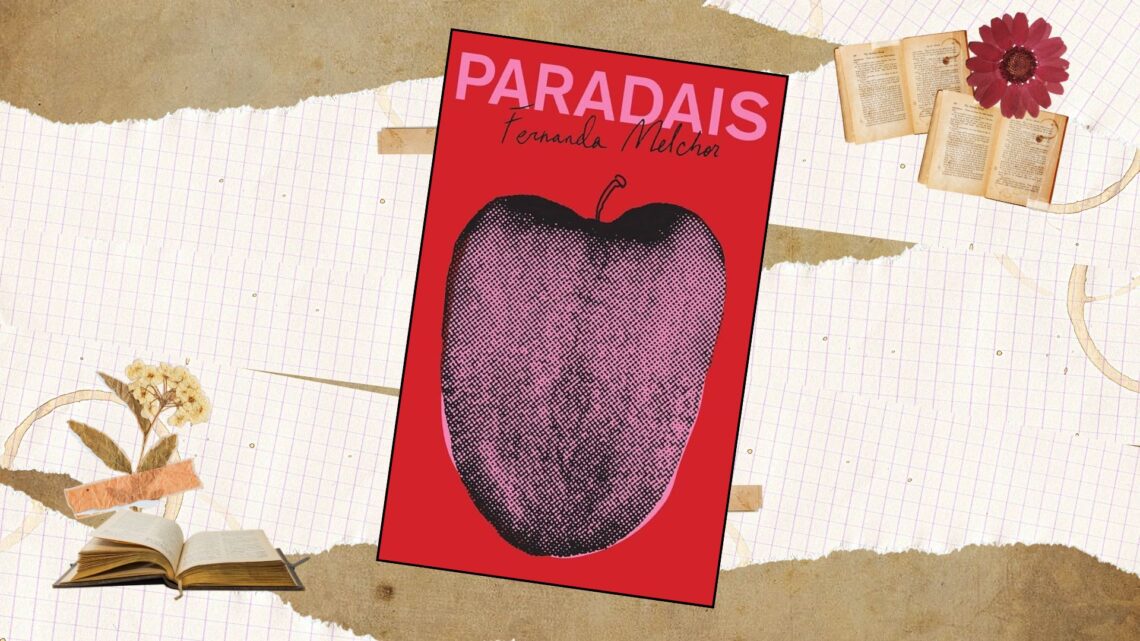Paradais by Fernanda Melchor, masterfully translated by Sophie Hughes, is an absolutely entrancing, visceral read. It spans just over a hundred pages and is densely layered with complex themes written in Melchor’s pitiless prose, from ideas of classism, racism, and misogyny to the macabre acts of rape and murder. This novel had me in an absolute chokehold during the one sitting in which I both began and completed it. It was such a gut-wrenching, heart-accelerating experience that it could be compared to trauma porn, and reasonably so. Every line is fueled by an undertone of violence and cruelty, with impossibly breathtaking observations that paint each scene.
The novel introduces us to two teenage boys: hateful 16-year-old Polo and porn addict “Fatboy” Franco. Polo and Franco are teenagers from two majorly different classes of Mexican society, with Franco practically swimming in money in the luxury housing complex ‘Paradise’ (the name which Polo views phonetically as ‘Paradais’) and Polo being a poverty-stricken high school dropout that works as the gardener for the same complex in which Franco resides. The relationship between these two is complex; Franco discloses to Polo his sick obsessions and fantasies about his neighbor, while Polo sticks by to give himself an excuse to avoid his overbearing mother and lecherous cousin. As Polo’s hatred for his poverty-stricken life and Franco’s desire for his neighbor grow, the boys hatch a brutal scheme in an attempt to obtain the impossible.
I have never felt so much disgust when reading a novel, nor have I been so enticed to continue. The characters were vile and miserable, coloring others in a misanthropic light while pathetically trying to justify their own desires. But even in these characters were the hidden effects of poverty, trauma, and societal cues, which present heavy, complex topics woven into the narrative. Franco and Polo were horrific, despicable characters, and they’re ones that shouldn’t be justified at all. The point of this is that these characters aren’t just there: they are fleshed out, with each thematic aspect deeply contributing to their personalities, morals, and actions. Perhaps the larger horror of this novel is that the fundamental cracks in society and class are what breed these miscreants, these horrific excuses for human beings. Polo’s violent, torrent-like narrative and his constant recollections of his childhood self when he was still innocent and untainted really magnify this horror.
Polo: frustrated teenager, willing to do anything to escape the life to which he is bound. The ending left me out of it—the constant metaphors and symbolism utilized in the novel really hit you hard, especially after the glimpse of hope, which is, of course, quietly shut down: Polo viewing the river by ‘Paradise’ as his path to salvation, only to return back to the life he so wanted to escape once entering it. What is frustration, anger, and even murder against class struggle? If two teenagers have nothing to lose and believe themselves deserving of the implausible, what ensues? Paradais by Fernanda Melchor is a brilliant exploration of the fragility of Mexican society and the explosive, idealistic outbursts of trauma-ridden teenagers.
Pradais is an absolutely gruesome yet enticing read, a masterful work of literary thriller. This book doesn’t gratify; it only presents the ugly in its harrowing details.
~5 stars.
Written July 24, 2023.





